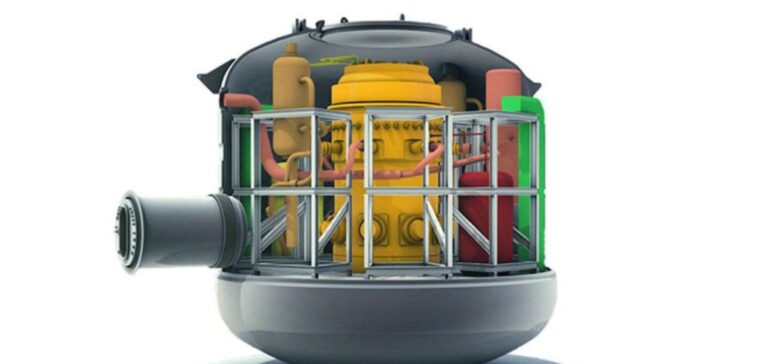The Indian government unveils, as part of the 2024-2025 budget, its intention to collaborate with the private sector to develop small modular reactors (SMRs).
This initiative marks a strategic step forward for the country, where nuclear power is set to play a crucial role in Viksit Bharat’s strategy to make India a fully developed nation by 2047.
Background and Energy Priorities
Presented by Finance Minister Nirmala Sitharaman, the budget highlights nine key priorities for achieving Viksit Bharat’s goals, including energy security.
The government plans to collaborate with the private sector in the installation of Bharat Small Reactors, as well as in research and development of modular reactors and new nuclear technologies.
The budget allocates a total of INR 24,969 crores (USD 2.983 billion) to the Department of Atomic Energy.
This includes funding for research and development announced in February’s interim budget.
Transitions and Strategic Investments
The budget also includes the development of a policy document on energy transition trajectories, aimed at balancing employment, growth and environmental sustainability.
In addition to the commitment to nuclear power, major projects such as the installation of rooftop solar panels and the promotion of pumped storage projects are included to integrate the growing share of renewable energies. In particular, India has received support from the World Bank as part of its energy transition.
The government will also support an 800 MWe advanced ultra-supercritical thermal power plant project and formulate a roadmap for hard-to-decarbonize industries, to focus on emission targets.
Current situation and future plans
India currently operates 23 nuclear reactors generating a capacity of 7,425 MWe, with seven units under construction. Future plans include a fleet of 700 MWe heavy pressurized water reactors, designed and built in India, as well as larger reactors from international suppliers.
The growing interest in SMRs was underlined in August 2023 by Minister of State Jitendra Singh, who stated that the government is considering options for SMRs and exploring ways to enable participation by the private sector and start-ups.
Regulations and Partnerships
India’s Atomic Energy Act of 1962 prohibits private control of nuclear power generation, with only NPCIL and Bharatiya Nabhikiya Vidyut Nigam Limited (BHAVINI) authorized to own and operate nuclear power plants.
However, discussions are underway to allow the participation of other public and private companies in future expansion plans.
Earlier this year, government sources revealed that India was planning to invite private companies to invest around USD 26 billion in the nuclear power sector, with negotiations underway to secure investments to support the construction of 11,000 MWe of new nuclear capacity by 2040.






















